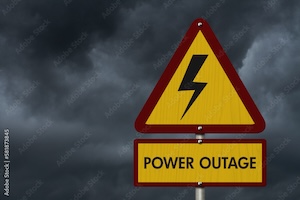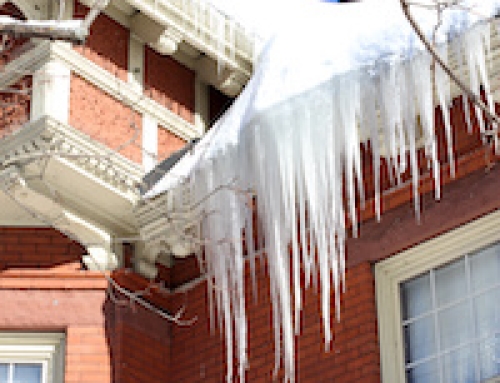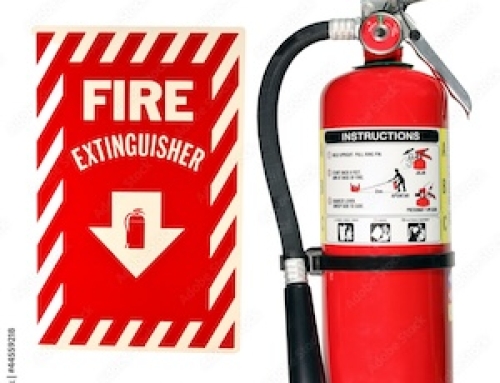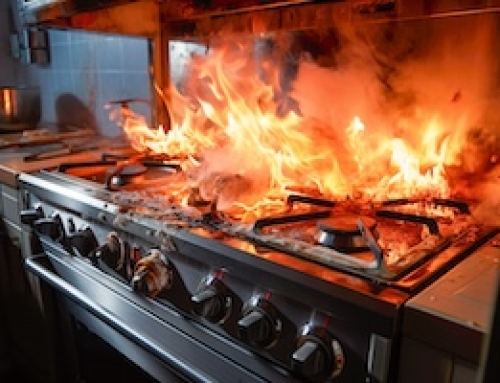 Power outages happen all the time, mostly without warning. While it may be exciting for a brief time (for example, a few hours), it’s not so entertaining when it is out for days or weeks at a time. Knowing how to take preemptive measures before the next outage can take some of the stress out the next time your power goes out. Read on to learn some basic tips to survive a power outage.
Power outages happen all the time, mostly without warning. While it may be exciting for a brief time (for example, a few hours), it’s not so entertaining when it is out for days or weeks at a time. Knowing how to take preemptive measures before the next outage can take some of the stress out the next time your power goes out. Read on to learn some basic tips to survive a power outage.
Survival Tips for a Power Outage, but Not Limited to:
You never realize how much power is taken for granted, until it goes out. Mostly, if you do experience a power outage, it is not for an extended time period; however, you never know when a natural disaster or horrific weather conditions can strike, leaving you and your loved ones in the dark, for days and weeks at a time. Preparation is key when the power goes out. Below are some basic tips you can follow before the next outage happens in your area:
Create an Emergency Action Plan- Having a plan in place is essential, but taking the time to have emergency items on hand for when it actually happens is crucial. Since you can’t always predict when something like this will happen, you should have a list of emergency items on hand, so panic doesn’t set in. An emergency kit should include items such as:
- Flashlights for every room
- Manual can opener
- Plenty of bottled water
- Nonperishable foods
- Matches
- Batteries
- Battery operated radios
- Hand sanitizer
- Disposable plates and cutlery/napkins
- Board games/books
- Battery operated fans
- Battery operated food thermometer
Prepare for Weather Conditions- Power outages can happen any time of the year so you must be prepared for when the temperatures are high and when they are very cold. In winter weather, you should have plenty of blankets on hand and firewood/fuel if you have a fireplace, to stay warm. Hotter temperatures would imply lighter clothing options, portable fans, and staying hydrated. Finally, consider investing in a back-up generator.
Consider Food Safety- By planning correctly, you should have plenty of nonperishable food items to eat; but what about the food that is currently in your refrigerator and freezer? One important tip when an outage occurs is to purchase ice bags and put them in a cooler to protect foods that may go bad. This is specifically a good idea during winter times so the cooler stays nice and cold by keeping it on the porch or a safe outside area.
Refrain from opening and closing the refrigerator/freezer doors as this lets the cold air out. After 24-48 hours, you may have to dispose of the foods if you are still without power. Throw away any food items that have a temperature higher than 40 degrees Fahrenheit, which can be confirmed by using a food thermometer.
Plan for Heating Food- When the power goes out, you still need to eat. If you only have an electric cook top, you may want to invest in a gas grill, barbecue grill, or a camping stove so you can have a back-up method of heating and preparing food. Keep in mind these types of cooking methods should be kept outside.
Purify Your Water Source- If you lose power, go ahead and fill your bathtub with water to have on hand to boil for purification if needed, and to flush toilets. Also, it is recommended you avoid drinking tap water since your purification system may not be operational without power. Drink the bottled water you have on hand and if you run out, you can boil water for minimum of one minute to disinfect it.
Being prepared for power outages won’t erase all the stress associated with it; however, it can minimize the worry and hassle while keeping you and your family safe. If you have any further questions or concerns regarding power outages and how to survive them, contact our offices at Burkett & Associates and we will assist you. Don’t wait! Call today at 256-704-7400.






